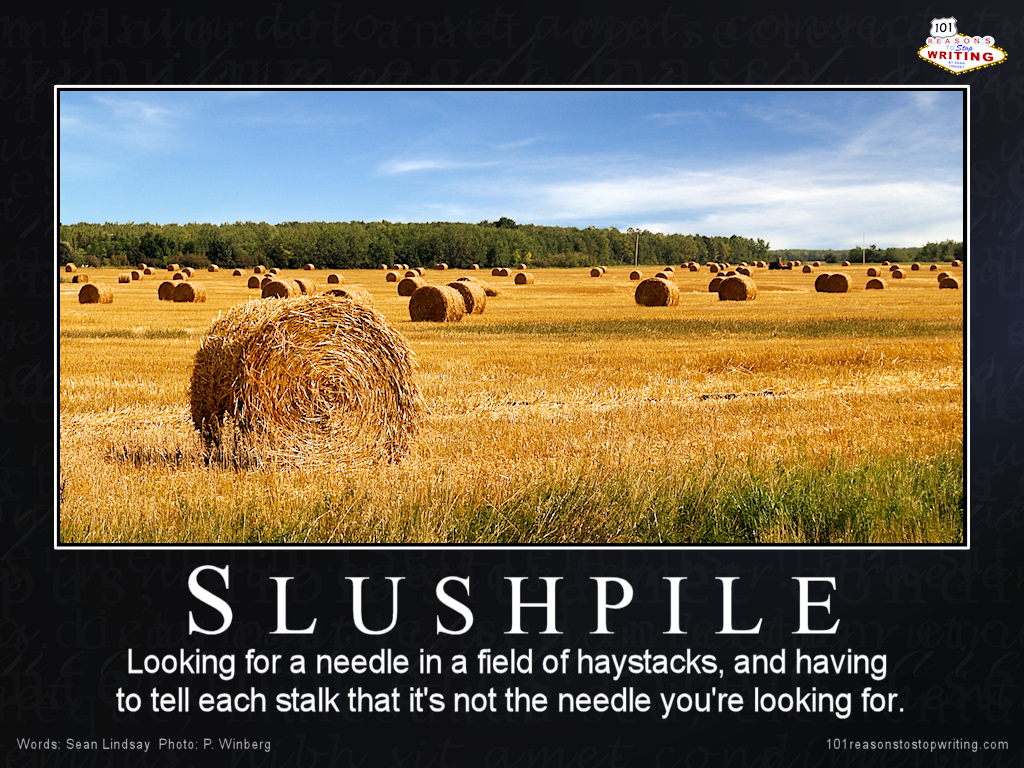Edited to add: interesting Agency Gatekeeper's Blog post on how to query.
Well, I just received Rejection Number 4, and while they were all formulated in a very friendly way, this one leaves me with the most hope, despite it being a negative answer:
"Thank you so much for sending along your query and for giving Agency XXXXX a chance to consider your work. While I found your query intriguing I’m afraid I wasn’t sufficiently enthusiastic to ask for more at this time.
As I’m sure you know, publishing is a subjective business and I’m sure there’s another agent out there better suited to your work.
I wish you the best of luck and the greatest success."
Rejection Number 2 was also very encouragingly put:
"Thank you for querying me but unfortunately I'm going to have to pass.
Please don't take this rejection as a comment on your writing ability, because it isn't intended to be one. I'm sure another agent will feel differently.
Best of luck to you with the submission process."
Of course these might be generic answers which they send to everyone they don’t choose to represent. But I’ve read and heard that a lot of agents try to give individual feedback when writing a rejection, even if it’s not very detailed. Plus, if they had nothing good to say, I imagine they wouldn’t take the time to write as much as they did here, since they probably write dozens of rejections a day.
Considering all this, I’ll give them and myself the benefit of the doubt, and interpret these answers in a good way: sounds to me as if the writing is good and the story intriguing enough, but the book is just not quite right for them.
So here’s a big Thank You! to all agents who take the time to write such encouraging rejections. It softens the blow quite a bit, and actually makes at least this writer enthusiastic about sending out more queries to other agents.
On a side note: I changed my query a little, making it shorter and livelier, ergo hopefully more intriguing. Basically it’s what could become the book’s blurb – the first query was still a little too long and stilted for that, I think. This is still all guesswork at this point, of course, but I’ll be looking forward to other agents’ answers to the new query; maybe I can tell by comparing the answers to both queries whether it has improved or not.




